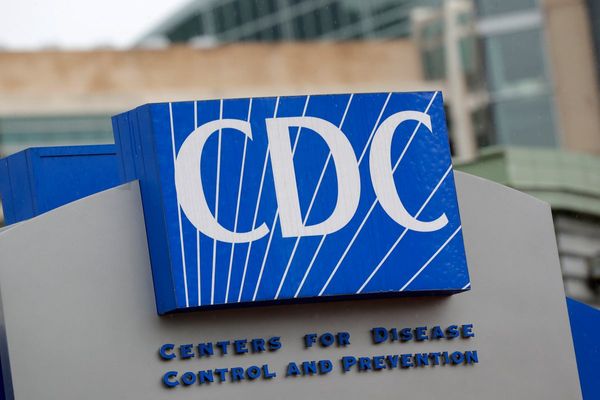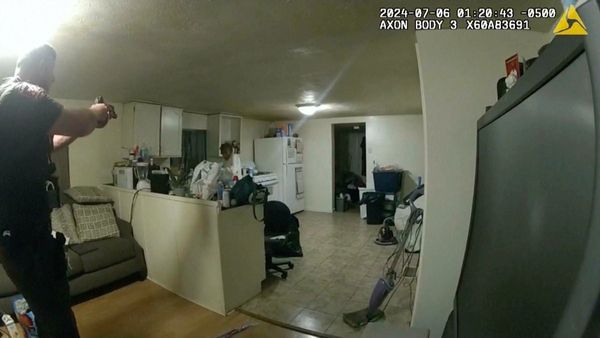
Victoria should commit to build 60,000 new social housing dwellings by 2034, end the first home owners grant and lobby the federal government to examine tax concessions for investment properties, the state inquiry into the rental and housing affordability crisis has recommended in its final report.
The report stopped short of making any recommendations on rental price regulation, which is a contentious issue between the Greens, who have been campaigning for rent caps, and the government, which has resisted calls.
The 34 recommendations included a call for the government to commit to building 60,000 new social housing dwellings by 2034, with 40,000 of them completed by 2028.
“Victoria lags the rest of the country meeting the needs of its most vulnerable people, with the lowest proportion of total housing stock allocated to social housing in the country,” the report said.
There are an estimated 120,000 people on the Victorian public housing waiting list, with 30,000 people experiencing homelessness on any given night.
The state government has set a target of building 800,000 new homes over the next decade, which includes a redevelopment of Melbourne’s 44 high-rise public housing towers and increasing the amount of social housing across the sites by 10%.
The inquiry also recommended ending the first home owners grant, which it found had an inflationary effect on house prices. It suggested transferring this funding to the private rental assistance program, which was set up in 2017 to provide financial assistance, including case management and advice, to renters in crisis.
The report also called on the government to “advocate” the federal government to examine its tax concessions, such as negative gearing and capital gains tax for investment properties, which “distort” the market.
The committee chair, Liberal upper house member Trung Luu, said: “The solutions to the problems we are facing require a national approach involving all levels of society, both the private sector and government.”
“We need to address the question of whether we want to be a nation of homeowners or a nation of renters and then set targets to determine how and when we will achieve our aims.”
Central to the inquiry was debate about rental price regulation, as affordability drops to a three-decade low and the vacancy rate sits at 1.07% in October.
“Although rental freezes provide obvious benefits to renters, the committee believes that they should only be considered as a short‑term solution in extreme times, such as in Victoria during the Covid‑19 pandemic,” the report said.
“There is inconsistent evidence on the long‑term efficacy of rental caps, both generally and in jurisdictions where a fairness formula is currently applied.”
Recommendations relating to short-term stays included giving body corporates more power to decide whether or not they are allowed in their buildings and establishing a state-wide register.
The Greens renters’ rights spokesperson, Gabrielle de Vietri, accused the government of “screwing over renters”.
“The report found that a rent freeze is appropriate in times of extreme crisis, like during Covid lockdowns. Well, renters are worse off now than since the pandemic began, so it’s time to act,” she said.
She said “organisations that deal with the crisis every day have overwhelmingly backed rent controls as a reasonable and necessary government intervention”.
The inquiry also recommended renewal of a long‑term national housing policy spearheaded by cooperation between the states, territories and commonwealth.
The Victorian government has six months to respond to the committee’s recommendations.







